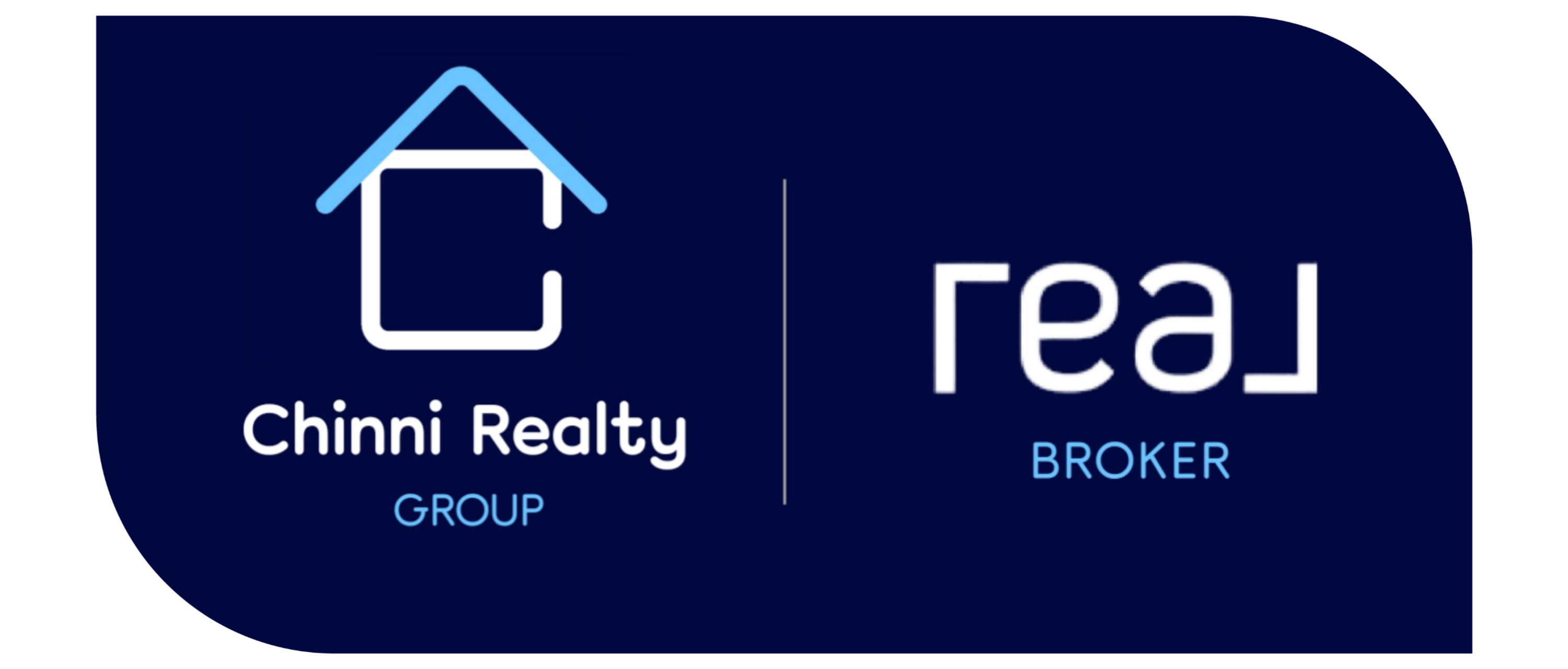Categories
Personal Finance & Wealth BuildingPublished October 28, 2025
The Power of Refinancing and Compounding Wealth Over 3–5 Years

For many real estate investors and homeowners in Los Angeles, the idea of refinancing feels like a technical footnote—not a core wealth strategy. But when used correctly, refinancing can become a powerful lever to compound your net worth in just 3–5 years.
If you’re tired of feeling “stuck” in your mortgage, watching equity accumulate slowly, or wondering how others seem to accelerate growth, this post is for you. By the end, you’ll understand when and how to refinance, how compounding works in real estate, and how to apply these principles in neighborhoods like Studio City, Sherman Oaks, Burbank, or Valley Village.
Why Refinancing Isn’t Just “Switching Loans”
Refinancing often gets treated as a cost-saving exercise: lower interest rate, lower payment. But smart investors see refinancing as a strategic tool to unlock value, reallocate capital, and multiply returns.
Key benefits:
-
Lower rate or shorter term — saving interest and accelerating principal paydown
-
Cash-out refinancing — tap equity for new investments
-
Debt consolidation — reduce cost of capital on other debts
-
Resetting amortization — re-leveraging equity while maintaining cash flow
When combined with compounding returns (on new investments or payoff acceleration), refinancing can help produce outsized growth over a 3–5 year horizon.
Mechanics of Compounding Wealth + Refinancing
1. Pay Down the Mortgage Faster
Use extra cash flows (from rental income or salary) to make additional principal payments. This forces the equity to grow inward faster.
2. Refinance to Pull Equity, Invest Elsewhere
Once a property has built equity (via appreciation or paid-down principal), you can refinance to extract a portion (via cash-out), then redeploy that capital into a new property or investment.
3. Repeat the Cycle
With multiple properties or repeated refinancing, you monetize equity and recycle it to scale your portfolio—this is a compounding loop.
4. Benefit from Leverage and Tax Shelters
Your new debt is tax-deductible (interest) in many cases. Meanwhile, you maintain ownership and appreciation on the underlying asset.
When Does a Refinance Make Sense?
Key Metrics to Watch
|
Metric |
Threshold or Rule of Thumb |
Why It Matters |
|
Interest rate reduction |
At least 0.75–1.0% lower than current rate (after costs) |
Must outweigh closing costs |
|
Loan-to-Value (LTV) / Equity |
Ideally ≤ 80% post-refinance (or as allowed by lender) |
To avoid PMI or stricter underwriting |
|
Cash flow after new debt service |
Positive or neutral |
Prevents over-leveraging |
|
Holding time |
≥ 3–5 years minimum |
To allow compounding & recover costs |
|
Credit profile / DTI |
Remains solid |
Ensures favorable terms |
Closing costs, appraisal fees, and loan origination costs typically run 2–4% of the loan amount. You must ensure your savings or gains outweigh those.
Refinancing + Compounding in the LA Context
Current Rate Environment in Los Angeles / California
-
In Los Angeles, as of mid-2025, the 30-year fixed mortgage rate is around 6.15% for conforming loans. (Realtor)
-
In California generally, current rates hover in the 6.25–6.33% range. (Bankrate)
-
California’s housing affordability report notes that rising rates (from ~2.7% in 2021 to over 7% by late 2023) have dramatically increased the cost of homeownership. (Legislative Analyst’s Office)
Because many existing homeowners are locked in much lower rates before the rate hikes, refinances are less frequent—but for investors who bought or refinanced more recently, opportunities arise when a downward shift occurs or in cash-out scenarios.
Why This Strategy Works in Studio City, Burbank & Surrounding Areas
-
These neighborhoods generally see strong rent demand, moderate appreciation, and solid tenant bases in entertainment, tech, and creative sectors.
-
As property values rise, equity accumulates even faster in desirable areas like Sherman Oaks and Valley Village.
-
Even with higher property taxes, insurance, and maintenance in LA, the premium rents and appreciation growth help offset costs — giving refinancing room to add value.
For instance, a 3–5% annual appreciation combined with principal paydown can produce equity growth of 15–25% over 5 years. Then you can refinance to extract that growth and reinvest it—compounding your returns across multiple assets.
Risks & How to Safeguard Your Strategy
-
Overleveraging / negative cash flow — never refinance to the point your property can’t support its own debt obligations
-
Refinance timing missteps — cost recovery takes time; refinancing too often can erode returns
-
Market downturns — falling values could wipe out equity
-
Stricter underwriting rules — credit, DTI or appraisal issues may hamper approval
-
Tax and legislative changes — changes in deductibility or rules could alter your assumptions
Always stress-test your models, maintain reserves, and aim for conservative underwriting.
Action Plan: Compound with Refinancing Over 3–5 Years
-
Identify property(ies) with equity or strong appreciation potential
-
Model your expected rate drop or cash-out scenario vs costs
-
If favorable, refinance at better rates or extract equity
-
Deploy equity into a new property or investment with good returns
-
Track ROI closely, repeat the cycle selectively
Over 3–5 years, this compounding loop can magnify both your cash flow and your net worth faster than relying purely on passive appreciation or paydown.
Bottom Line
Refinancing is a strategic tool. When paired with compounding investment decisions, it can accelerate your wealth trajectory significantly, especially in strong markets like Studio City, Sherman Oaks, and Burbank.
Used wisely—and guarded against risk—it becomes one of your most powerful levers toward scalable growth in your real estate portfolio.
Want to Learn More or Get Personalized Guidance?
If you’re serious about learning more about funding or real estate opportunities in Los Angeles, email us at vinay@chinnirealty.com or call/text (323) 996-3746 to schedule a conversation.
Recommended Reads
To deepen your knowledge, explore these related guides on our site:
-
Beginner’s Guide: Choosing Between Residential, Multifamily, Commercial, and Airbnb Investments
-
Why Multifamily and ADUs Can Be Better for Long-Term Wealth Building
Connect with us!
Follow Chinni Realty Group for real estate insights, local market updates, and homeownership tips.
Instagram ⎟ Facebook ⎟ LinkedIn ⎟ YouTube





